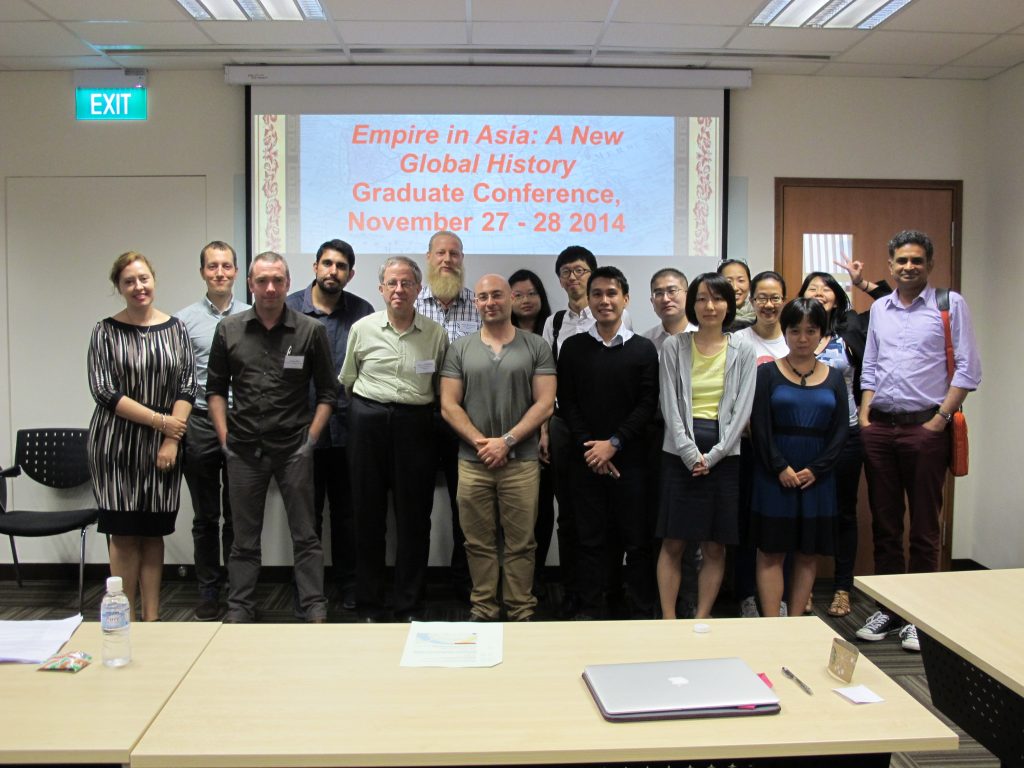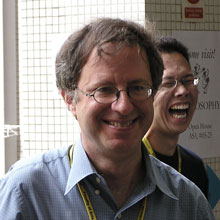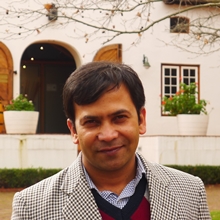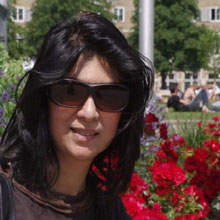Empire in Asia

About
Get the two volumes from Bloomsbury or Amazon today!
For a preview of both volumes, click here.
Asia was the principle focus of empire-builders from Alexander and Akbar to Chinggis Khan and Qianlong and yet, until now, there has been no attempt to provide a comprehensive history of empire in the region. Empire in Asia addresses the need for a thorough survey of the topic.
The two volumes of Empire in Asia offer a significant contribution to the theory and practice of empire when considered globally and comparatively and are essential reading for all students and scholars of global, imperial and Asian history.
The two volumes of Empire in Asia offer a significant contribution to the theory and practice of empire when considered globally and comparatively and are essential reading for all students and scholars of global, imperial and Asian history.
Volume I traces the evolution of a constellation of competing empires in Asia from the 13th through to the 18th centuries. It describes the history and characteristic features of imperial regimes in each major sub-region of Asia, from the Ottomans and Safavids in the West, Romanovs in the North, Mughals in the South, the Mongols & their successors in Inner Asia, to the Ming and Qing Dynasties in the East. Volume II covers the long 19th century, commonly seen in terms of 'high imperialism' and the global projection of Western power. It explores the dynamic, volatile and contested processes by which, by the early years of the 20th century, Asian states, space and peoples became deeply integrated into the wider dynamics of global reordering.
Contributors
Past Events

Reading Group
One major component of Empire in Asia: A New Global History is an active reading group, involving all project members. The project aims to reconsider the historical experience of empire in Asia, with particular reference to scholarship devoted to analyzing narratives, and systems, of world and global history. The major workshops the project will conduct are exercises in working through to a set of common questions and concerns that contributors can be asked to apply in their own particular study. Exploring the literature will thus help us lay a common intellectual foundation for conceptualizing our own question-driven approach to studying the historical experience of empire in Asia. We are less concerned with the field identified as "post-colonial" studies than with engaging global perspectives on what constituted an empire, and the evolution and operation of forms of supranational systems.

















